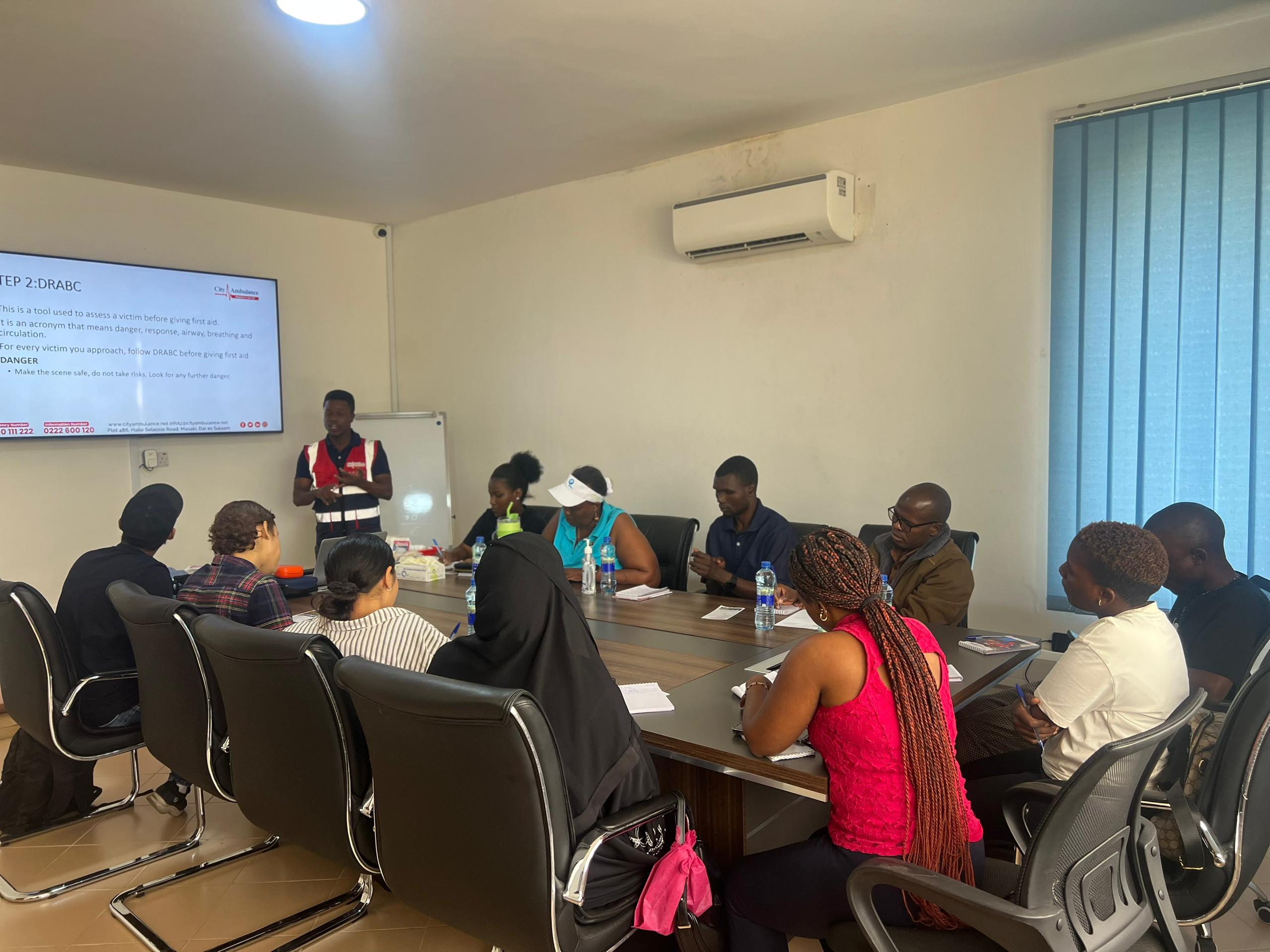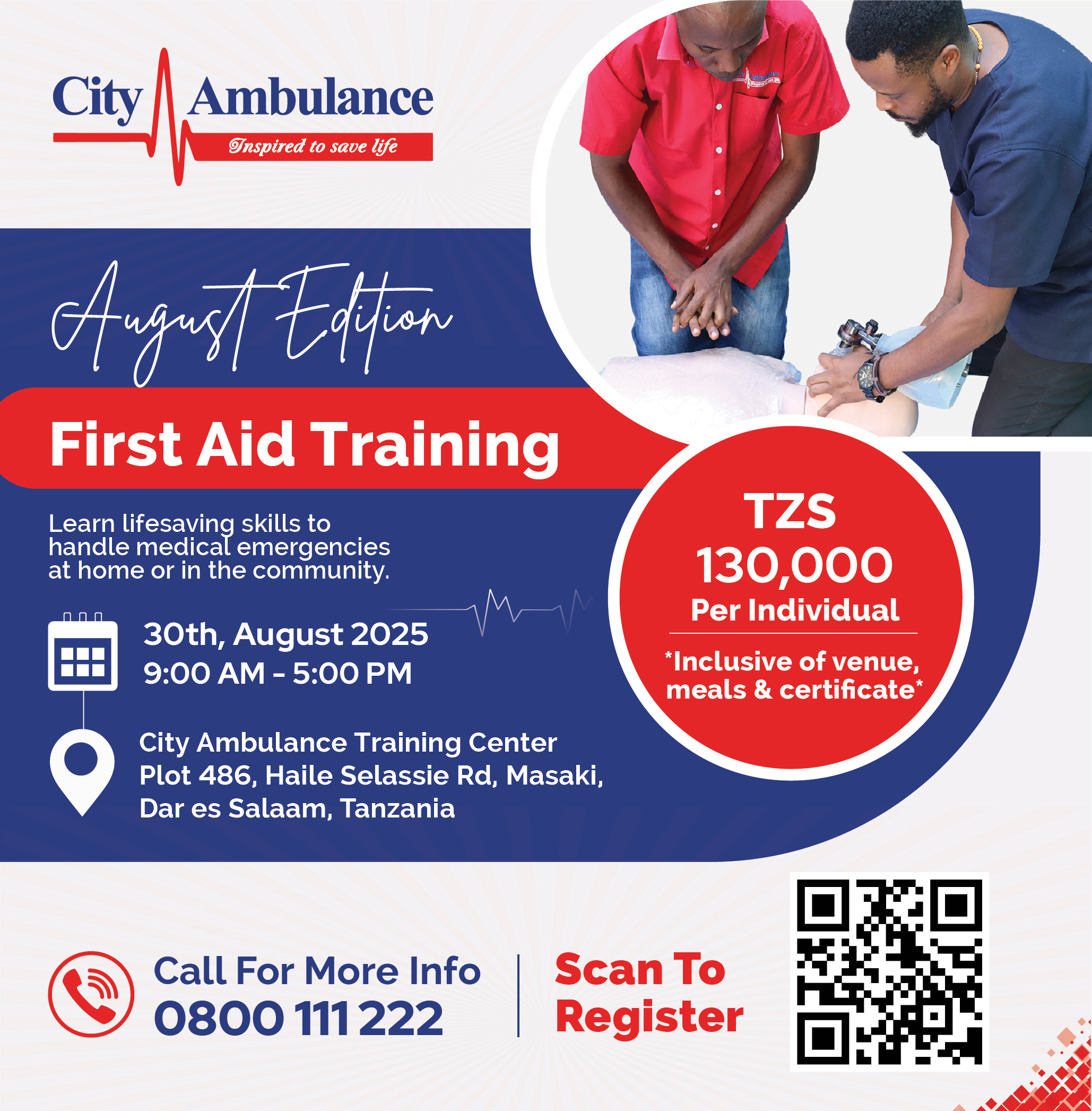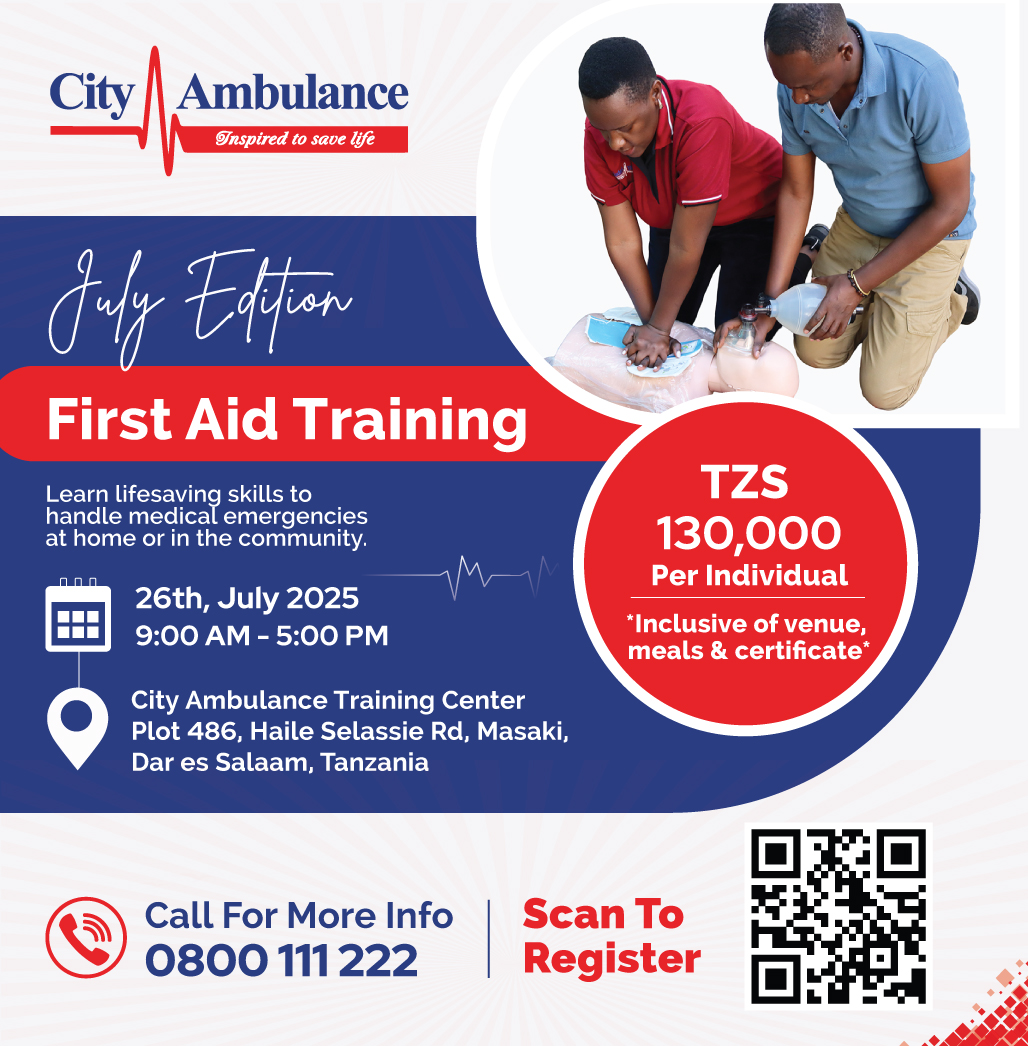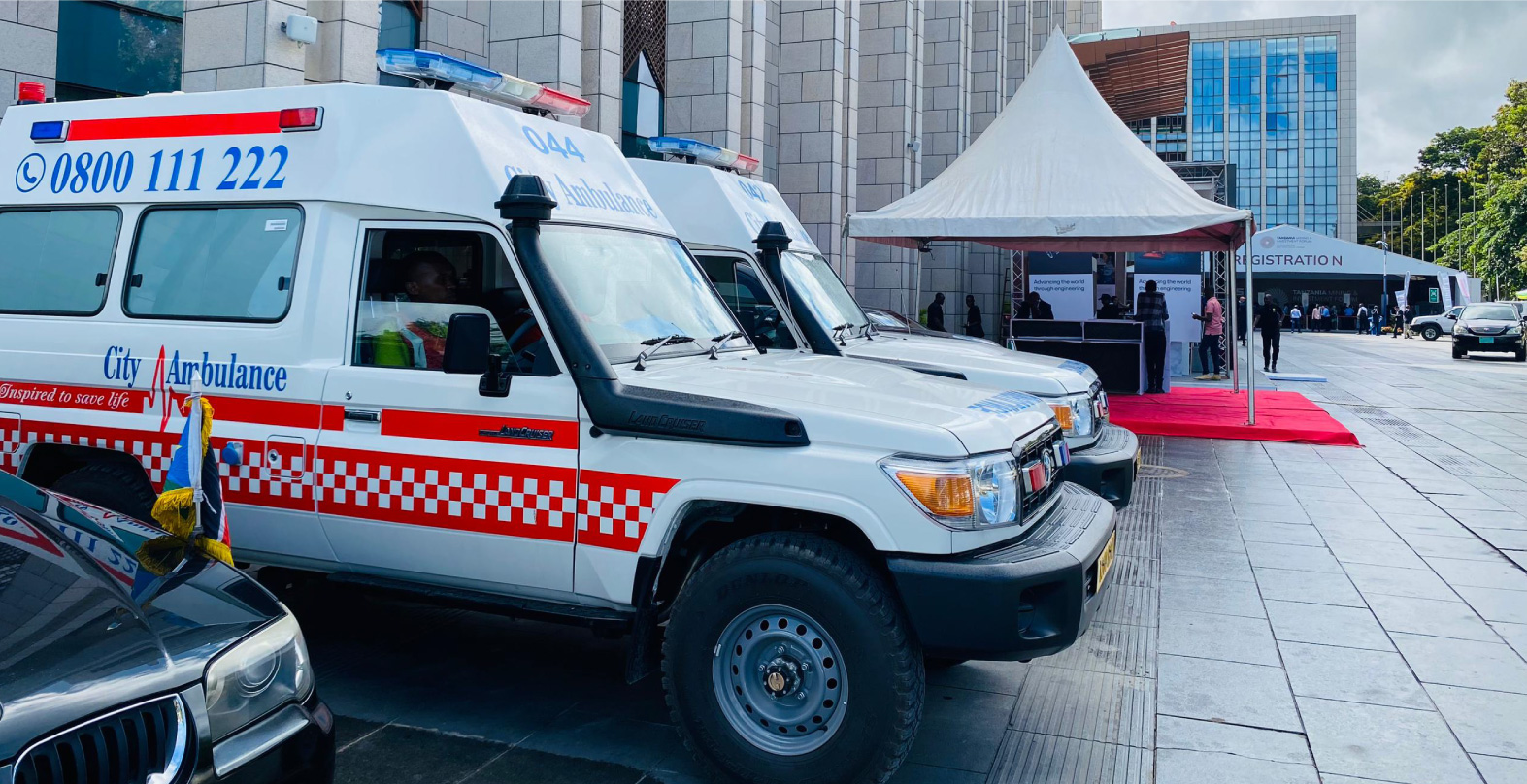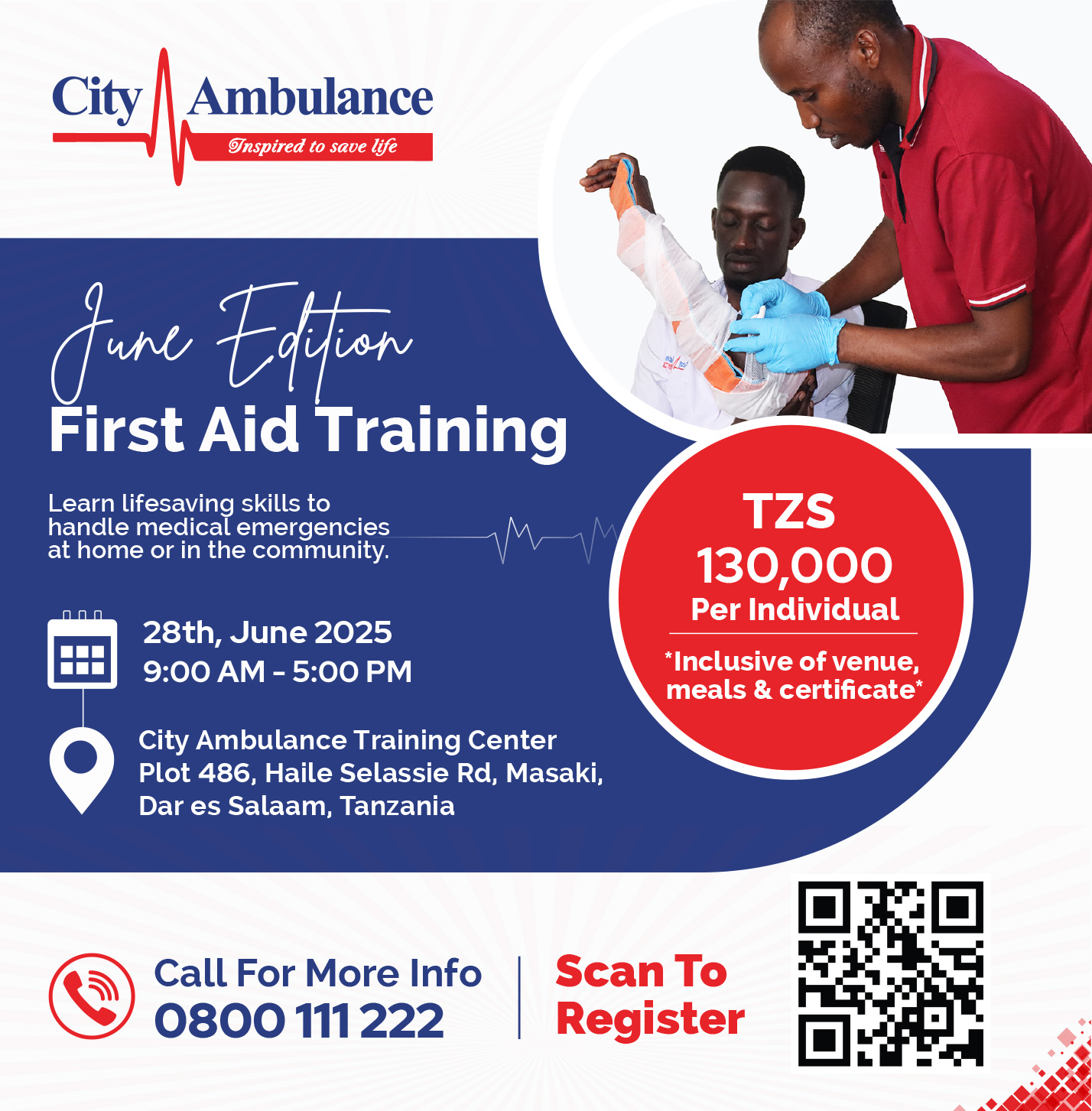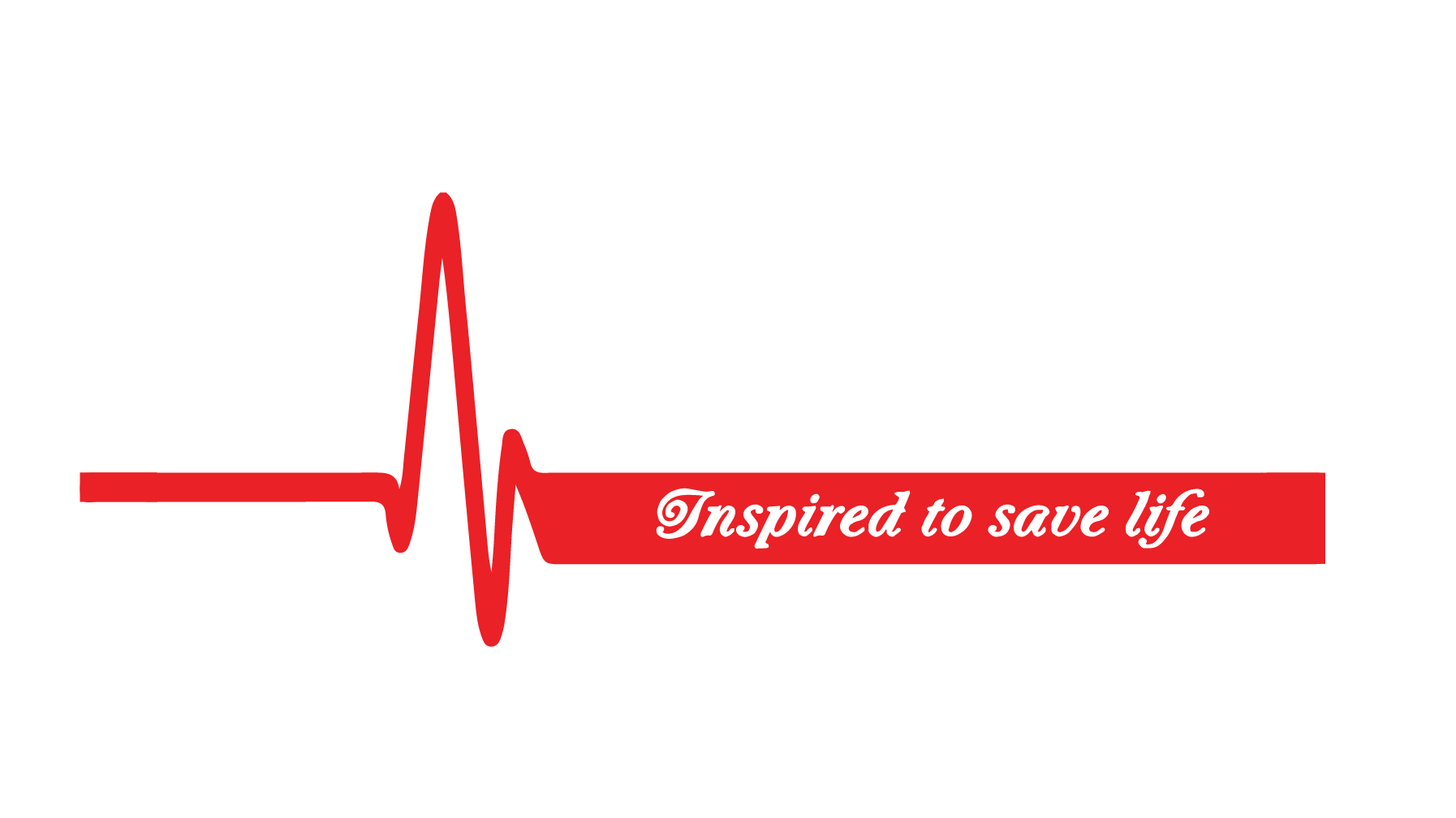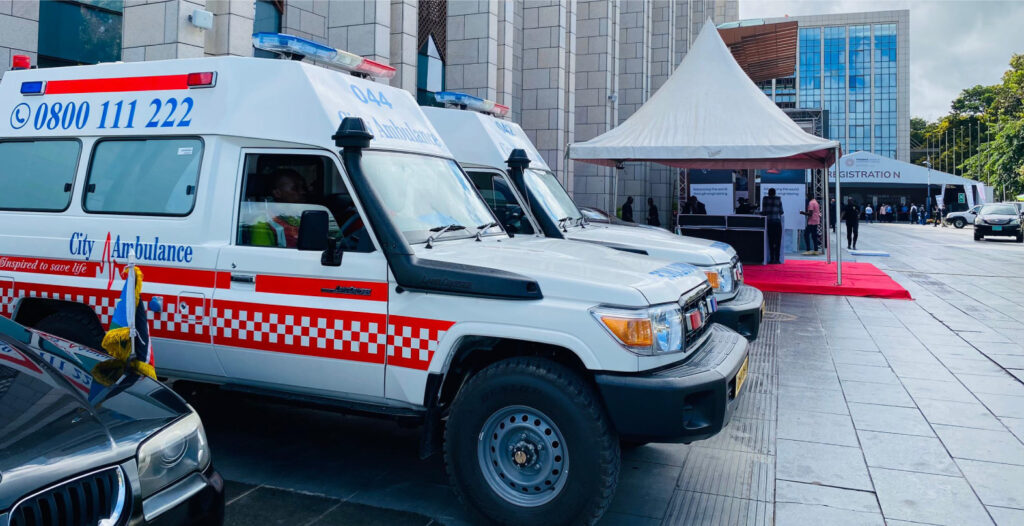
When and When Not to Call an Ambulance
3 Reasons to Call an Ambulance
Sometimes, it’s clear that you need to call an ambulance. If you see someone with these symptoms, or you experience these symptoms yourself, dial 0800 111 222.
It’s vital to act quickly (and calmly) when dealing with an emergency.
Here are some fundamental reasons for calling an ambulance in an emergency.
1. The Victim’s Condition Is Life-Threatening
If a victim’s condition is life-threatening, you should call an ambulance.
Life-threatening conditions include:
- Symptoms of a stroke: facial droop, difficulty speaking, weak arms and legs
- Chest pains
- Sudden loss of consciousness or otherwise unresponsive
- Difficulty breathing
- Uncontrollable bleeding
- Displaying signs of an altered state of mind such as sudden confusion
Many of these symptoms are common signs of a heart attack, a stroke, or other conditions that require immediate medical attention.
There are other situations that may be life-threatening, especially if you know more information about the victim:
- Perhaps the victim ate something that’s poisonous or was bitten by a poisonous animal.
- If the victim has threatened self-harm or harm to others.
- The victim has purposely or accidentally taken too much of a drug.
In each of these scenarios, you should also call an ambulance.
2. Moving the Victim Might Cause Further Injury or Harm
There are situations where moving the victim can cause further injury or harm. That’s often the case with a serious fall, a car accident, or other serious physical injuries.
It’s best to leave it to the professionals and call an ambulance for help in these cases. EMTs and paramedics have the training and skills to extract people from dangerous situations.
3. Driving to the Hospital Isn’t Possible or Could Delay Treatment
If you can’t get yourself or the victim to the hospital or taking them would take a considerable time, it’s best to call an ambulance.
There are a lot of reasons why you may be unable to get to a hospital in time:
- You’re physically or emotionally unable to drive a vehicle since you were also shaken up by the injury.
- You’re unable to drive because you want to give your child or the victim the attention and care they need.
- You’re unable to get the injured victim into a car.
- Perhaps you don’t have a vehicle, and public transportation or a taxi is not an option.
If there’s significant traffic on the road, an ambulance can usually get to a hospital faster than you can.
When Not to Call an Ambulance
There are certainly times when calling an ambulance isn’t necessary. A lot of injuries don’t need immediate treatment.
If the medical emergency isn’t life-threatening and you can quickly get yourself or the victim to the hospital, you should do so. In that case, you shouldn’t call an ambulance.
But if you’re unsure, you should always call 0800 111 222.
Specific Situations Where an Ambulance May Be Necessary
Here are some of the most common illnesses and injuries that people struggle with when deciding whether or not to call an ambulance.
When to Call an Ambulance For Fever
If young children experience a high fever, they need immediate medical attention.
Call an ambulance if your child is:
- Under 3 months old with a temperature above 100.4 F
- Between 3 months and 3 years old with a fever of 102.2 F or higher
If you’re busy taking care of them, you should call an ambulance.
Children and adults with a fever of 103 F or higher who aren’t getting better from over-the-counter medicine should also see a doctor.
When to Call an Ambulance For Heat
If a heat emergency causes vomiting, seizures, or has rendered the victim unconscious, it’s time to call an ambulance.
Don’t attempt to give the person anything to drink if they’re vomiting or unconscious. Never offer a caffeinated drink or alcoholic beverage to anyone that’s suffering from a heat emergency.
When to Call an Ambulance During a Pregnancy
If you’re pregnant, you likely have a plan in place to get you where you need to be once you go into labor.
However, on some occasions, calling an ambulance may be the best option.
- You may go into labor at an unexpected time or in an unexpected place.
- You may not have direct access to a vehicle.
- You’re about to give birth and experiencing a strong urge to push.
- You’re experiencing fresh bleeding in more than usual amounts.
- You’re experiencing continued abdominal pain that persists following a contraction.
When in Doubt, Call 0800 111 222
If someone around you is experiencing a medical emergency and you’re not sure what to do, you must call 0800 111 222. You’ll be happy you did.
